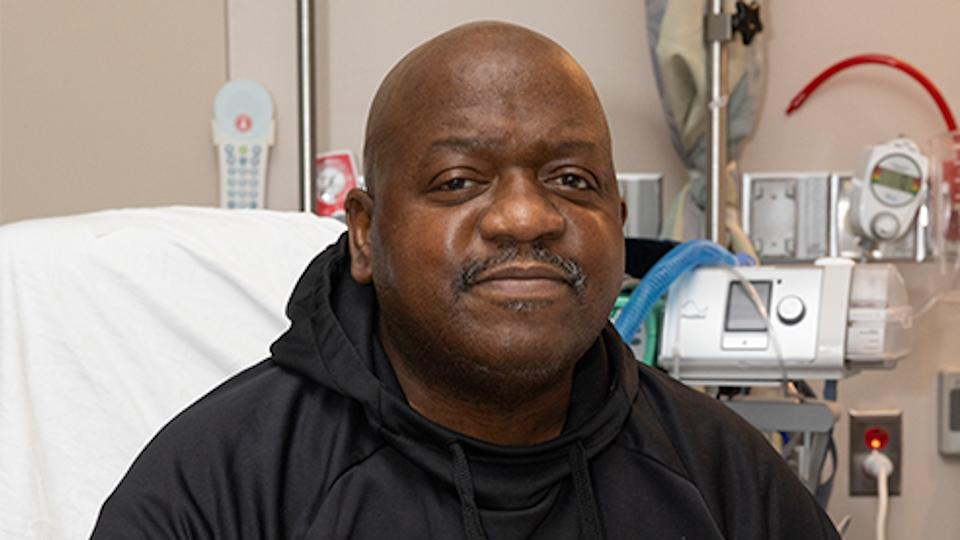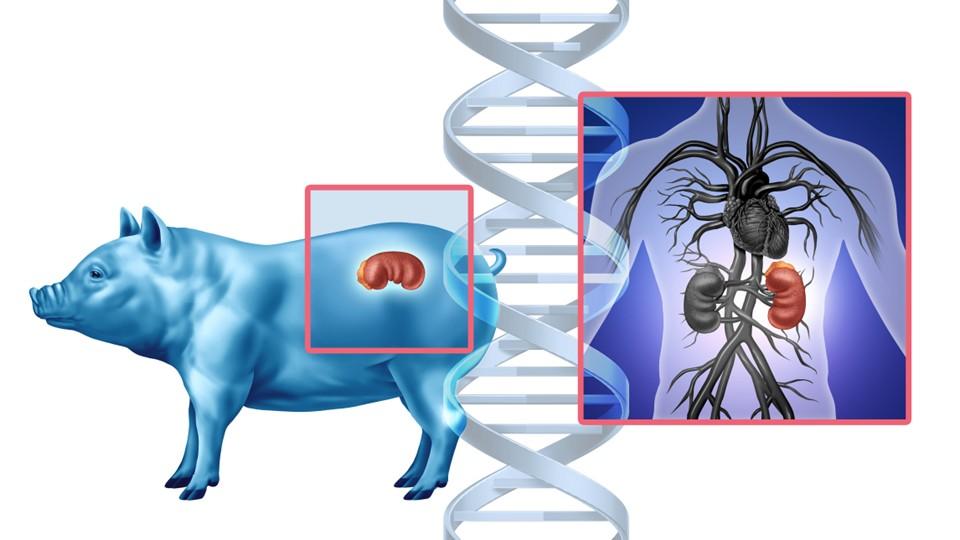First recipient of pig kidney transplant dies

Rick Slayman
The first person to receive a transplant of a kidney from a pig has died almost two months after the procedure, although the transplant itself does not seem to be involved.
62-year-old Rick Slayman had previously received a failed kidney transplant from a human donor and was having to undergo dialysis three times a week when he agreed to try out the experimental procedure, made possible by genetic modification of the pig kidney.
In a statement, the surgical team at Massachusetts General Hospital (MGH) that carried out the procedure said they were “deeply saddened” by Slayman’s death, adding there was “no indication that it was the result of his recent transplant.” He was discharged from hospital on 3rd April and appeared to be recovering well.
The milestone in xenotransplantation – cross-species transplants – relied on cutting-edge biotechnologies, including the use of CRISPR gene editing to remove harmful pig genes and add certain human genes to improve its compatibility with humans.
The modified kidney was supplied by eGenesis, and Slayman was also treated with an experimental immunosuppressive regimen based on Eledon Pharma’s anti-CD40 drug tegoprubart and off-label use of AstraZeneca’s already-marketed complement C5 inhibitor Ultomiris (ravulizumab).
MGH said he would be seen as “a beacon of hope to countless transplant patients worldwide and we are deeply grateful for his trust and willingness to advance the field of xenotransplantation.”
The use of xenotransplantation has been held up as a possible solution to the chronic shortage in donor organs, but has seen limited success to date, with two prior pig heart transplant recipients and now the first kidney transplant patient only surviving for around two months after the procedure.
Slayman’s family said that the enormous effort of the care team at MGH “gave our family seven more weeks with Rick, and our memories made during that time will remain in our minds and hearts.”
They added: “After his transplant, Rick said that one of the reasons he underwent this procedure was to provide hope for the thousands of people who need a transplant to survive. Rick accomplished that goal and his hope and optimism will endure forever.”
A second pig kidney transplant recipient who was treated at NYU Langone Health a month ago – Lisa Pisano (54) – is recovering well from the procedure and the transplanted kidney is performing as hoped, according to the hospital.
The kidney in that case was supplied by United Therapeutics and has a lower level of genetic modification, but was accompanied by the transplant of tissue from the pig thymus designed to reduce the chances of rejection by the immune system.
Before these two recipients, pig kidneys had only been transplanted into non-human primates and brain-dead people on life support.













